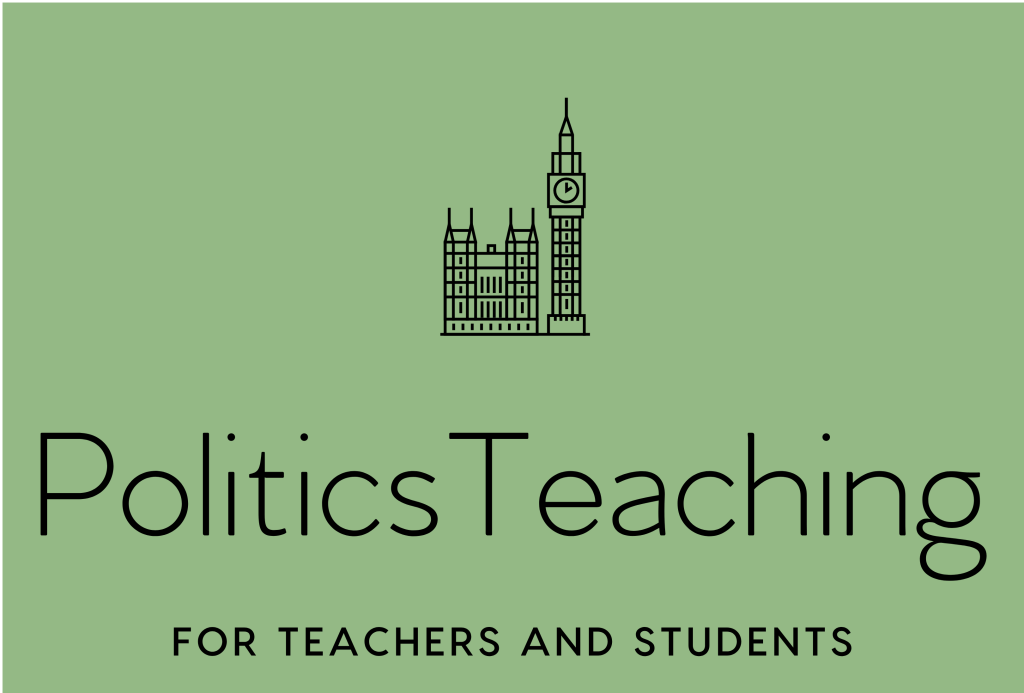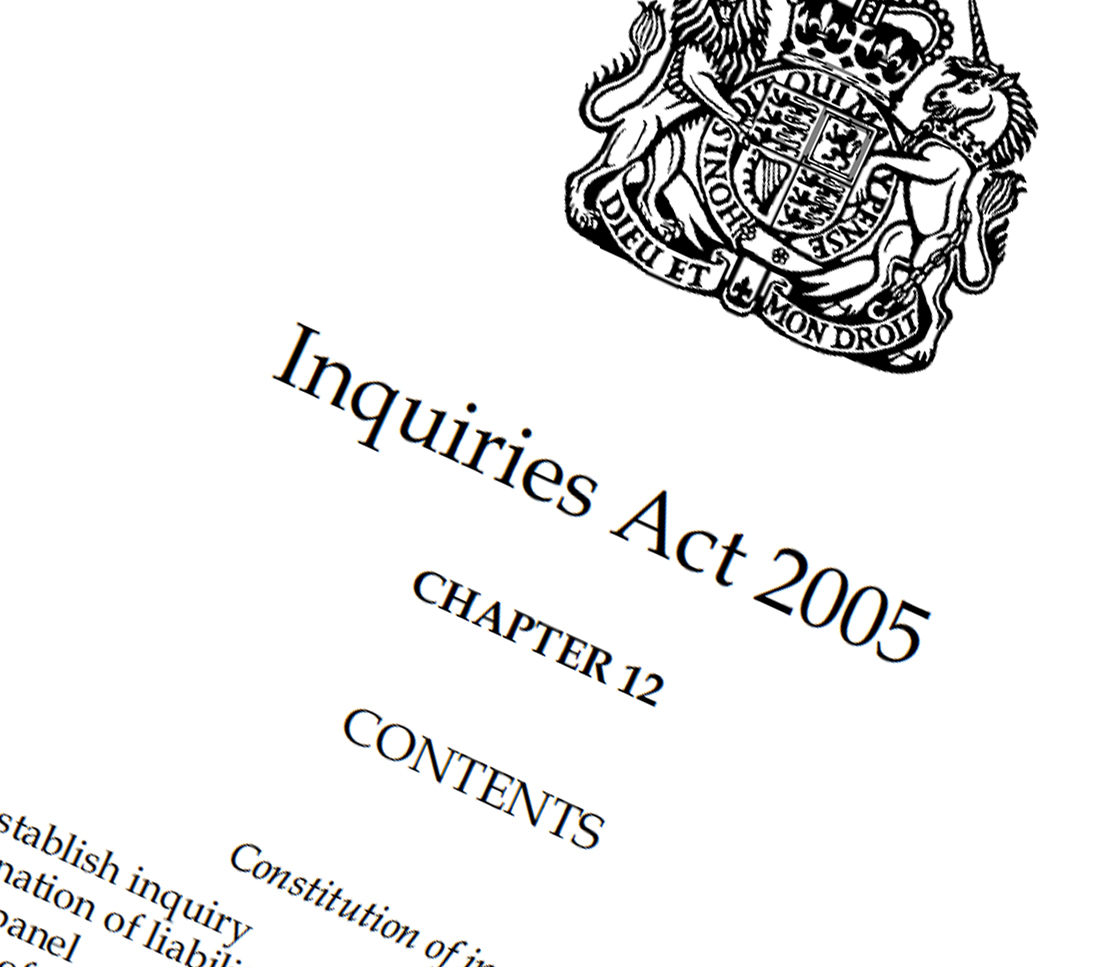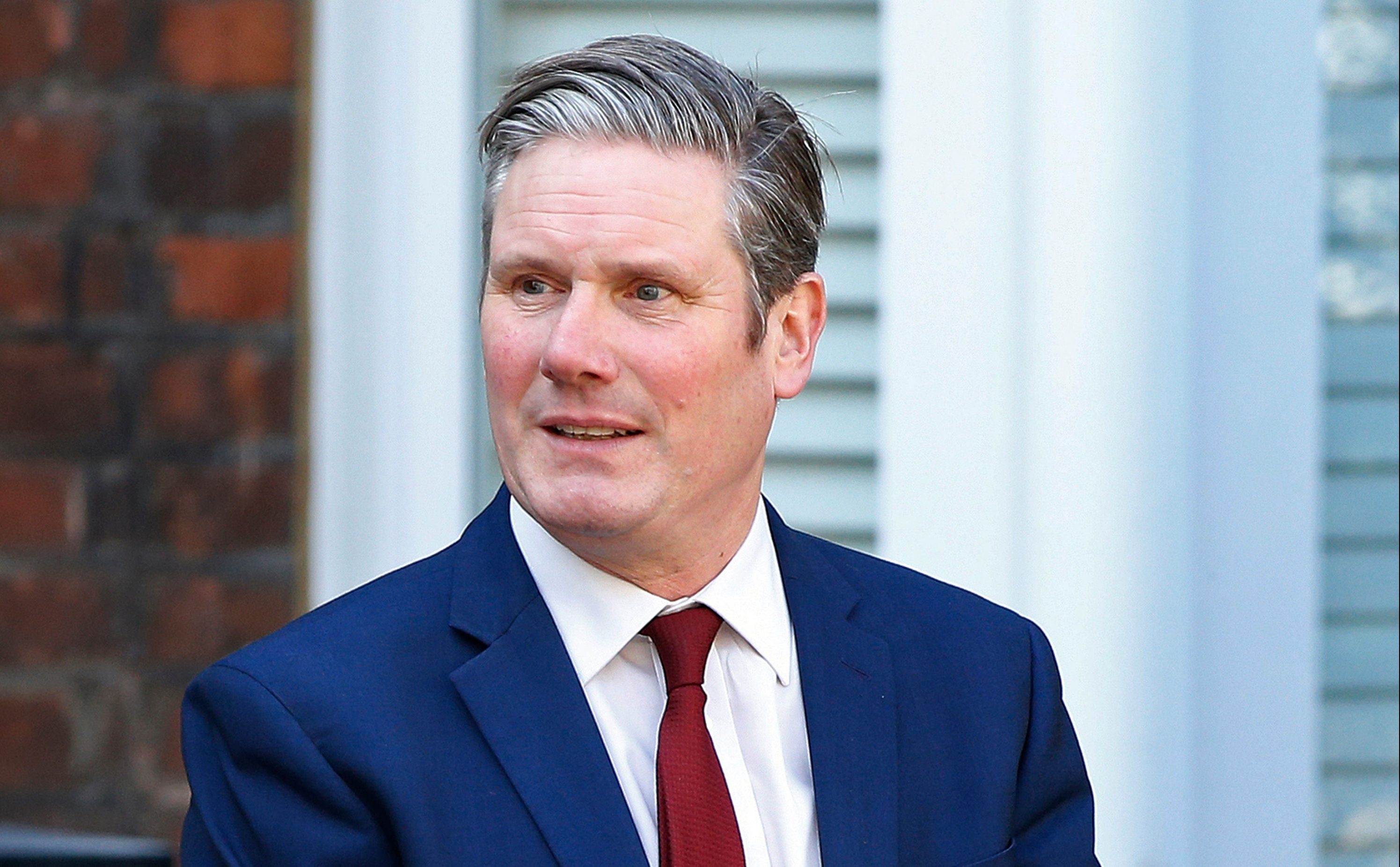
Note: This guidance should not be treated in any way as official Pearson Edexcel guidance.
The 12 Mark Examine Question is one of two 12 Mark Questions on Paper 3 – the other being the 12 Mark Analyse Question. These questions are different in that they only assesses AO1 and AO2 and do not assess AO3. This has an impact on how the question needs to be structured to ensure the best use of time in order to maximise the marks available.
What will be asked in the 12 Mark Examine Question?
On the exam paper you will get two choices of question – 1a or 1b. Both questions will always ask you to compare and contrast two institutions/organisations/practices or issues. Examples of this might be:
Examine the criticisms faced by the World Bank and International Monetary Fund (12 Marks)
Examine the limits of NATO and the UN in keeping peace (12 Marks)
Examine the challenges posed by cultural and political globalisation (12 Marks)
What should the structure of the 12 Mark Examine Question look like?
The requirement of the question to compare and contrast two things is an important factor in how it should be structured. It is imperative that you do not simply write about one thing and then the other. If you do this, whilst you may score highly for AO1 it will be hard to comparatively analyse the things to a similar degree. Instead, therefore, you should look to select themes through which to address the question. You should aim to pick three themes through which the two things can be directly compare and contrasted.
In addition, as there is no AO3 attached to this question, writing an introduction or a conclusion is entirely redundant.
A useful mnemonic that can be used in each paragraph is S.E.E.M:
Signpost the point you are making that links the two things
Explain the first thing in relation to the question
Examples can be used to extend your explanation
Make comparison to the other thing
Exemplar Question – Examine the limitations of the ICJ and ICC in enforcing Human Rights (12 Marks)
Poorer Exemplar
The ICJ is the International Court of Justice. It is located in the Hague, Netherlands, and is the judicial arm of the United Nations. As it is an arm of the UN, it has a legitimacy that other institutions simply do not possess. However, despite this, it has a number of limitations as regards to protecting human rights. Firstly, states are able to choose whether they are bound by its rulings. As of 2021 just 74 of 193 members had agreed to this. This harms the principle of equality under the law which is essential to justice. Secondly, the ICJ struggles to get its judgements enforced. The mechanism for enforcing ICJ judgements is via the UNSC. However, members of the UNSC have their own geo-political agendas and the five permanent seats hold the power of veto. This means, for example, that when the ICJ ruled against Britain’s continued occupation of the Chagos Islands there was little realistic chance that the ruling would be enforced. Thirdly, the ICJ cannot initiate cases and has to rely on cases being referred to it. This is a limiting factor as there is no independent scrutineer making a judgement on what cases should be investigated.
ICC is the International Criminal Court. Like the ICJ it is located in the Hague and was founded by the Rome Statute in 1998. Whilst the ICJ deals with a variety of international issues, the ICC particularly focuses on international crimes, therefore meaning it has a more specific focus on human rights. However, it does have a number of limitations in protecting rights. Firstly, a number of states have not accepted the jurisdiction of the ICC and only 123 states have accepted it. Further, many of these states are amongst the most significant in global politics and include the US, Russia and China. Without these states as members the legitimacy of the ICC is fundamentally undermined. Secondly, since its establishment the ICC has only prosecuted Africans. This has led to a distinct claim of western bias against the ICC which undermines its credibility as a global body. Thirdly, the court has no coercive power of its own and no way to ensure its rulings are implemented. Instead, they rely on member states to apprehend and punish suspects (for example Liberian leader Charles Taylor is imprisoned in British prison). This means that suspects may never face justice, with Vladimir Putin being a future potential example of this.
Summary: This response would score highly on AO1. Good knowledge is shown of both the ICJ and ICC. This knowledge is both wide-ranging and with depth. However, as a result of how it is structured it scores much less well on AO2 and this holds the answer back.
Better Exemplar
One limitation of both the ICJ and ICC a regards human rights is that they have little coercive power to enforce their judgements. The ICJ struggles to get its judgements enforced. The mechanism for enforcing ICJ judgements is via the UNSC. However, members of the UNSC have their own geo-political agendas and the five permanent seats hold the power of veto. This means, for example, that when the ICJ ruled against Britain’s continued occupation of the Chagos Islands there was little realistic chance that the ruling would be enforced. Similarly, the ICC also struggles to get its judgements implemented as the court has no coercive power of its own and not independent power to punish offenders. Instead, they rely on member states to apprehend and punish suspects (for example Liberian leader Charles Taylor is imprisoned in British prison). This means that suspects may never face justice, with Vladimir Putin being a future potential example of this.
A further limitation of both the ICJ and ICC regards human rights is that both lack global jurisdiction. In the ICJ states are able to choose whether they are bound by its rulings. As of 2021 just 74 of 193 members had agreed to this. For example, the Government of Myanmar ignored a ruling regarding alleged genocide of Rohinga Muslims in 2020. This harms the principle of equality under the law which is essential to justice. In a similar way, a number of states have not accepted the jurisdiction of the ICC and only 123 states have accepted its power. Further, many of these states are amongst the most significant in global politics and include the US, Russia and China. Without these states as members the legitimacy of the ICC is fundamentally undermined.
A final limitation of both the ICJ and ICC regards human rights is that both are perceived to have a western and great power bias. Whilst the the great powers have not specific power within the ICJ, they have significant power over the enforcement of its rulings. Realistically, the ICJ is therefore never going to be used a tool to hold the great power to account. For example, the US has consistently ignored ICJ rulings on its sanctions of Iran. Equivalently, since its establishment the ICC has only prosecuted Africans. This has led to a distinct claim of western bias against the ICC which undermines its credibility as a global body. Furthermore, the African Union has urged member states not to cooperate with the ICC, further limiting its effectiveness.
Summary: Despite using very similar material, this answer does much better in both AO1 and AO2 and therefore achieve a higher mark (Level 4/4).
If you have any questions, please feel free to ask them in the comments below.





Leave a Reply